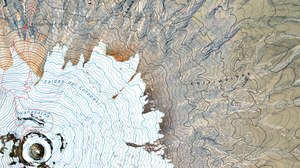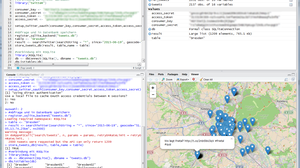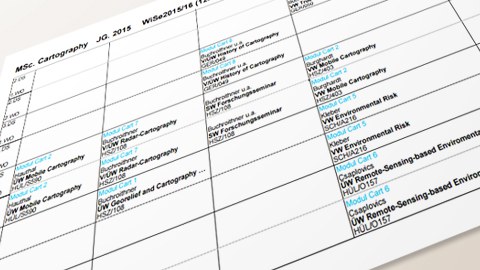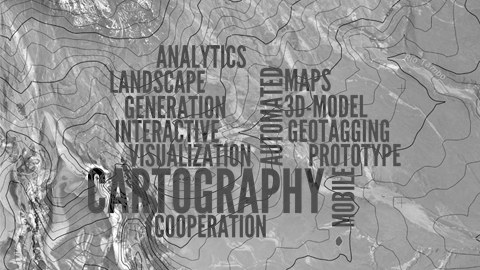Studying at the Institute of Cartography
The Institute of Cartography offers classes for the bachelor programmes “Geodesy and Geoinformation” and “Geography”, for the master programmes “Geoinformation Technologies” and “Geodesy”, and for the international Erasmus+ master programme “Cartography”. Obviously interested students from other disciplines are also kindly invited to participate.
 © IfK
© IfK
Studying at the Institute of Cartography
The Institute of Cartography offers classes for the bachelor programmes “Geodesy and Geoinformation” and “Geography”, for the master programmes “Geoinformation Technologies” and “Geodesy”, and for the international Erasmus+ master programme “Cartography”. Obviously interested students from other disciplines are also kindly invited to participate.
The educational offers for the geo-scientific bachelor programmes introduce students to essential knowledge in the modelling of spatial objects and phenomena using graphic depictions, a core task of cartography. The potential of digital geo-media is extensively covered. This includes, for instance, dynamic visualisation, techniques of user interaction, and the consideration of the spatial context and individual preferences in computer interfaces related to geo-information.
Contents of the master study modules are tailored to train students in more demanding modelling and visualisation tasks. Animation of geo-processes, 3D landscape models, an adaption of spatial information to its use on mobile devices, the extraction of geo-information from social media, or the automated generalisation of geo-data for the sake of abstraction and simplification of geo-object complexes all make up examples, which are reflected in the modules. The aforementioned contents demand for an experienced use of geo-software on one hand, but also for the ability to design and implement customised software add-ons. The module “Alpine Field School” adds field experience and the associated methods of in-field data capture and evaluation to the cartographic work which is obviously predominantly computer-based.





